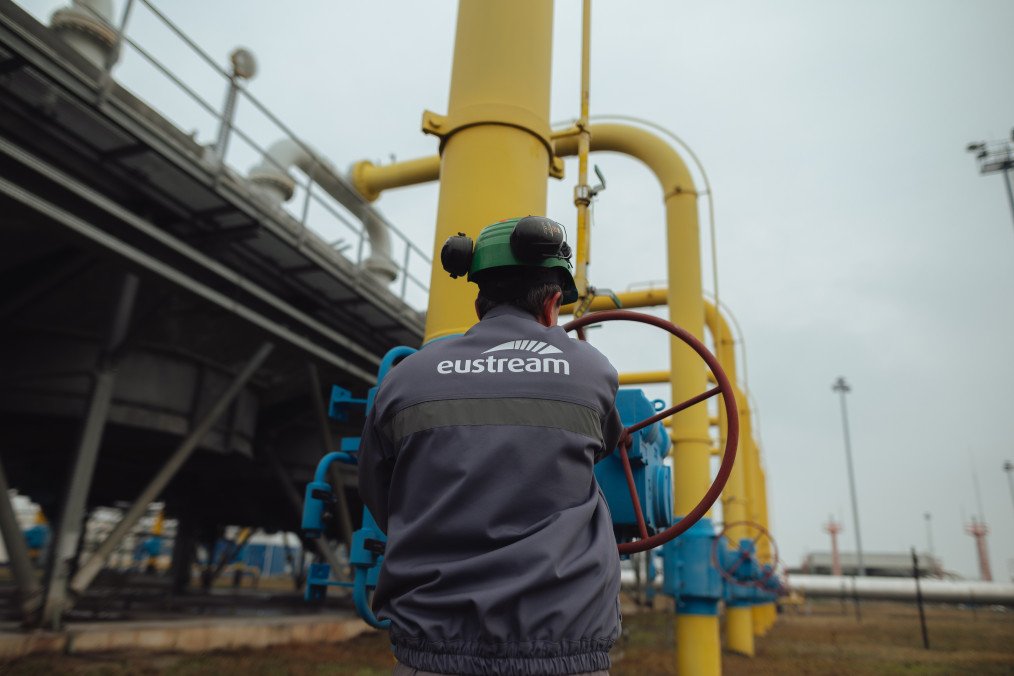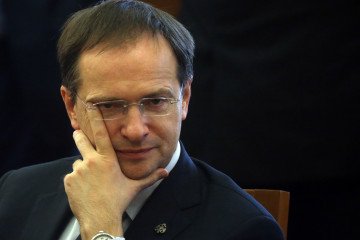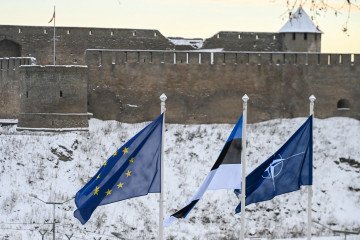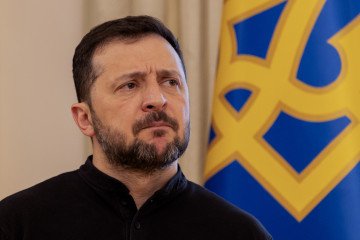- Category
- Latest news
EU Companies Signal Possible Comeback for Russian Gas in Europe, Says Reuters

Top executives at major European companies have begun suggesting that limited imports of Russian gas—including supplies from state-owned Gazprom—could resume in the future, according to Reuters on April 14.
The discussion comes amid growing concerns over Europe’s long-term energy security. With Donald Trump back in the White House, energy has once again become a point of leverage in trade talks, prompting some in the business sector to worry about the risks of relying too heavily on US supplies, Reuters reports.
At the same time, negotiations with Qatar over additional gas deliveries have stalled. And although the EU is expanding its use of renewable energy, progress has not been fast enough to fully meet demand. In this context, some European companies are openly considering the possibility of importing a certain volume of Russian gas again.
-3083eb0c13d3cb4b95bbfcb23e7e2bfa.jpg)
“If there is a reasonable peace in Ukraine, we could go back to flows of 60 billion cubic metres, maybe 70, annually, including LNG ,” said Didier Holleaux, executive vice president of the French energy firm Engie, in an interview with Reuters.
Holleaux said Russia could potentially supply around 20–25% of the EU’s gas needs, compared to 40% before the full-scale war began.
“Europe will never go back to importing 150 billion cubic meters from Russia like before the war,” said Patrick Pouyanne, CEO of French energy company TotalEnergies. “...but I would bet maybe 70 billion cubic meters.”
In Germany’s eastern state of Mecklenburg-Vorpommern, where the Nord Stream pipeline comes ashore from Russia, a recent poll by the Forsa institute showed that 49% of residents support restarting Russian gas imports.
“We need Russian gas, we need cheap energy - no matter where it comes from,” said Klaus Paur, managing director of the mid-sized petrochemical company Leuna-Harze. “We need Nord Stream 2 because we have to keep energy costs in check.”
Previously on April 12, US President Donald Trump has extended the national emergency and related sanctions against the Russian government for one year, originally enacted under Executive Order 14024. A notice published in the US Federal Register confirmed the continuation of the sanctions.
-c6522ae9e5320af1cc92504c0aaa1b34.png)


-c439b7bd9030ecf9d5a4287dc361ba31.jpg)

-111f0e5095e02c02446ffed57bfb0ab1.jpeg)

